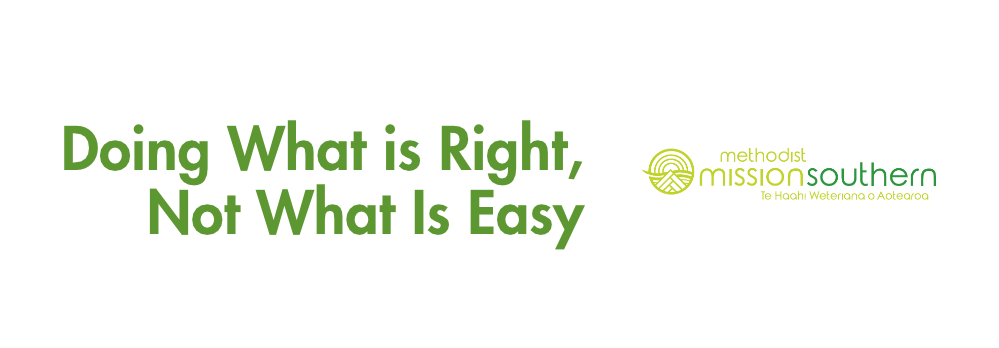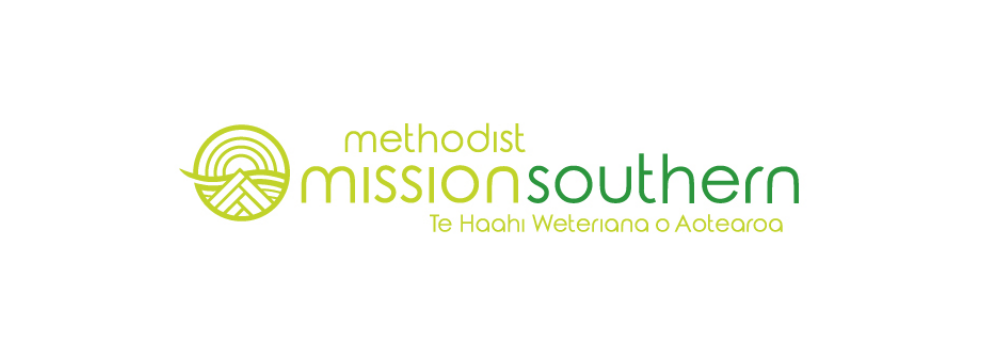Self-Regulation Development
The Mission is partnering with Dr Dione Healey to deliver ENGAGE: a self-regulation programme for pre-school and primary school children. ENGAGE is suitable for large-scale delivery to multiple settings (ECE, community, whānau) and aims to develop essential emotional, cognitive and behavioural skills and prevent a range of negative adult life-course outcomes commonly experienced by children exposed to high-stress and high-deprivation environments in the first 1000 days of life.
What is Self-Regulation?
Self-regulation skills help us to control our emotions, thoughts and behaviours – our feeling, thinking and doing skills. Self-regulation is also sometimes referred to in research as ‘self-control’, or ‘executive function’. These self-regulation skills help us to: remember instructions, ignore distractions, juggle two or more tasks at once, persist with difficult or frustrating tasks, resist the temptation to do something that might not be good for us, wait for rewards, take turns, work well with others, recognise and manage our feelings, deal with difficult emotions (anger, fear, anxiety, frustration etc), and more. Children use self-regulation skills every day, whether it’s sitting still long enough to listen to a story, remembering a list of instructions and sticking to them, being able to take turns in the playground with other children, or recognising when they are frustrated and stopping themselves from hitting.
The Importance of Self-Regulation
The Dunedin Longitudinal Study found that childhood self-regulation (self control) in childhood strongly predicts a wide range of important adult outcomes, including; educational achievement, employment, personal income, physical health, substance use, criminal offending, relationships and life satisfaction. Subsequent international research has reinforced these findings – leading to the conclusion that supporting self-regulation in the early years could significantly reduce a wide range of societal and financial costs, and most importantly, lead to greater life satisfaction for more people.
ENGAGE is closely aligned to the Dunedin Longitudinal Study findings, and is based on research into hyperactivity, impulsivity and inattention in young children, including research findings that:
- Children from deprived and high-stress environments often underperform in self-regulation.
- Self-regulation skills are malleable and can be improved through practice.
- Children from high-stress environments typically gain the most from interventions.
- The period between 3 and 5 years of age is the optimum window for self-regulation interventions.
- Improvements in self-regulation lead to immediate gains in cognitive ability, social behaviour and learning.
ENGAGE research trials with 800+ children at 30+ ECE centres at several sites in New Zealand have demonstrated statistically significant gains in all major areas of self-regulation tracked across the behavioural rating scales - including reductions in aggression, hyperactivity and peer problems, and increases in attention, memory and other pro-social indicators.
ENGAGE is now also being delivered in primary schools settings, and MMS is planning continued research trials and a larger scale roll-out of ENGAGE to selected ECEs and primary schools from 2020 onwards.
To find out more about ENGAGE, or to get involved with the project, please contact Jimmy McLauchlan: This email address is being protected from spambots. You need JavaScript enabled to view it. | 027 477 2058


